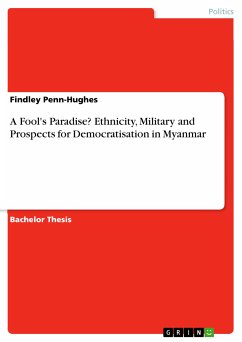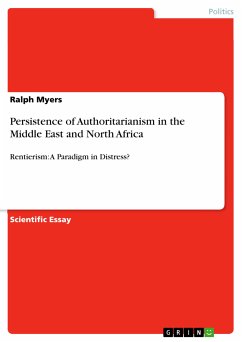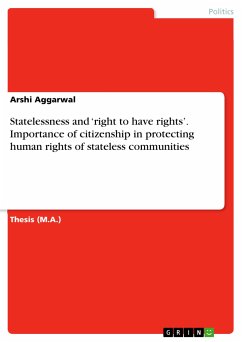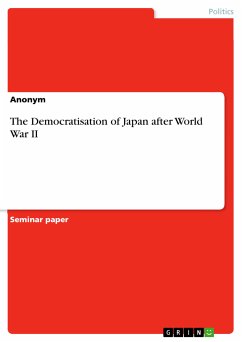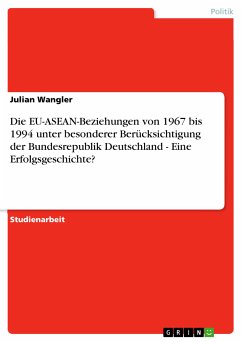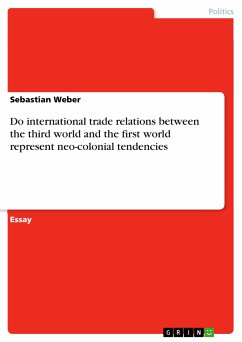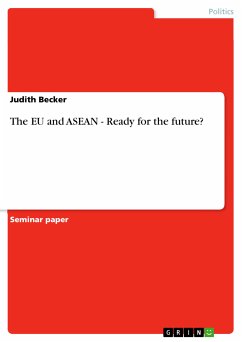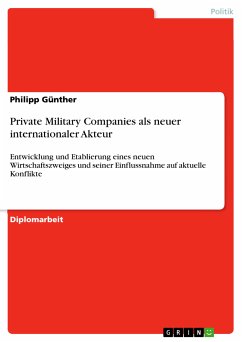Bachelor Thesis from the year 2013 in the subject Politics - Region: Far East, grade: 68, Durham University (School of Government & International Affairs), course: Politics, language: English, abstract: State and military power have been formally fused in Myanmar since the military coup of 1962. Colonial and pre-colonial experiences prior to this had ensured the creation of a national narrative that emphasised unity and the survival of the regime above all else. This led to the slow infiltration of military rule in the years following independence in 1948 and ultimately to the decades of authoritarian rule and economic mismanagement, exacerbated by economic sanctions. As the rest of the region began its post-colonial transition towards democracy and prosperity, brutal military crackdowns and reprisals following populist uprisings in 1988 and 2007 seemed only to confirm Myanmar’s resilience. Following the suppression of the 2007 uprising, it appeared that the hold of the military junta was absolute. The announcement in 2008 by the ruling State Peace and Development Council (SPDC) of wide-ranging reforms as part of the ‘roadmap to democracy’ thus represented the greatest hope of democratic reform for half a century. Following the enactment of constitutional reforms and trumpeted elections in 2010, the state now represents an ostensibly democratic, constitutional system. Throughout early 2011 the newly formed ‘civilian’ government released over 700 political prisoners, oversaw a relaxation of media censorship and legalised the right to unionisation in conjunction with a re-emergence of opposition politics. This essay examines how the cross over between the issues of 'ethnicity' in Myanmar and the perceived role of the military among the military establishment as the sole protectors of the unity of the Union of Myanmar act to create political stagnation in the country. By conducting the political process on their terms, the military is ensuring that opposition politics is robbed of the political space with which to address the ethnic nationalities head on. The NLD is now the only group that has the cultural and political capacity to do this. In its continuous failure to do so it may yet plunge Myanmar into a period of political instability once again.
Bitte wählen Sie Ihr Anliegen aus.
Rechnungen
Retourenschein anfordern
Bestellstatus
Storno

